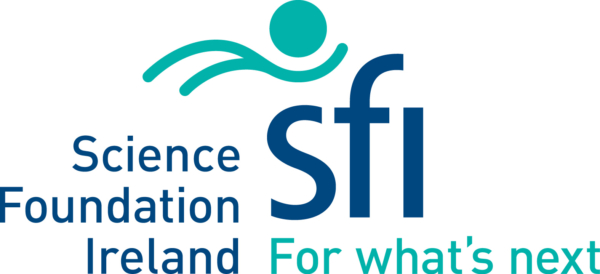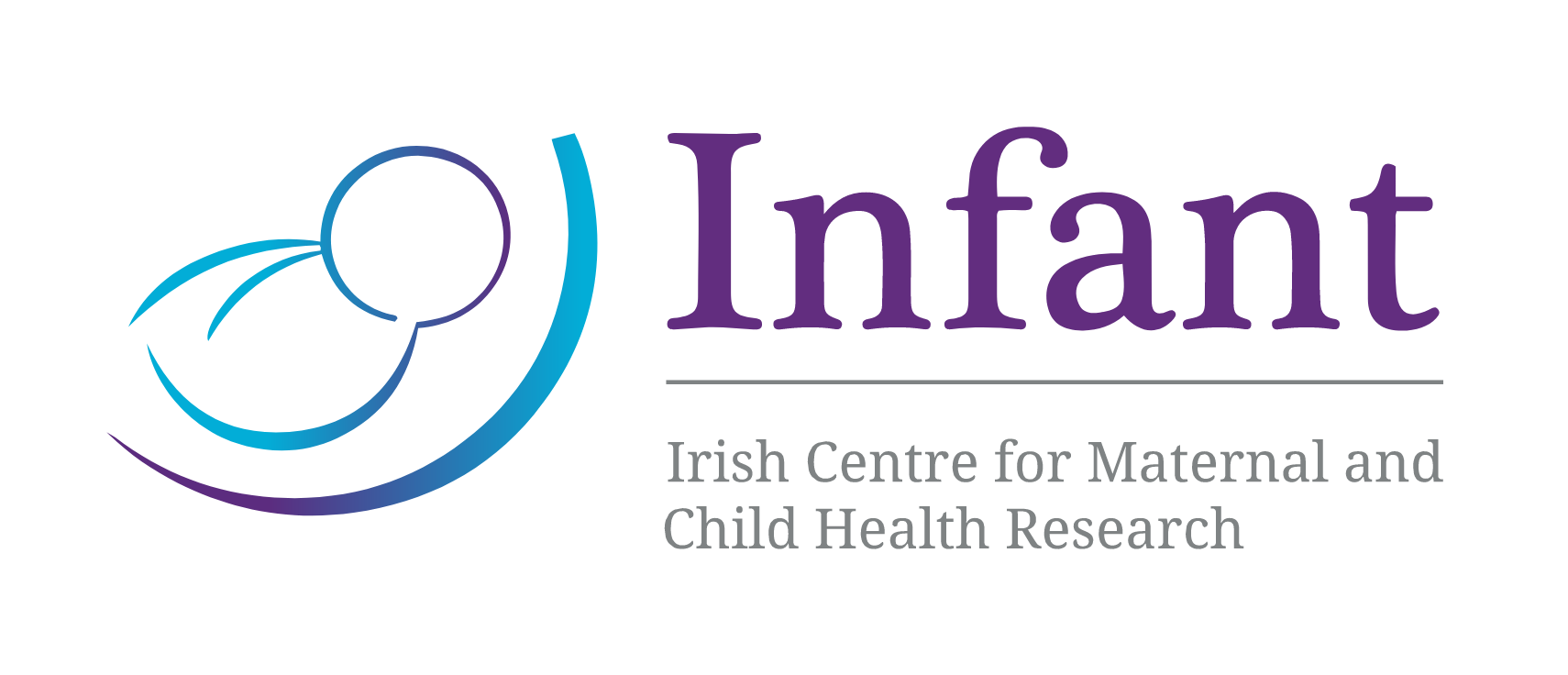Opt-I-Mum : Functional Indicators of Iodine Status in Pregnancy
Identifying mothers and babies most at risk of iodine deficiency during pregnancy and suboptimal infant neurodevelopment
Background
The nutrient iodine plays a central role in the production of thyroid hormones. Globally, 2 billion individuals are estimated to have inadequate iodine intake, including one-third of all school-aged children. In Ireland, three-in-four women of childbearing age have inadequate iodine intake.
During pregnancy, maternal iodine deficiency can result in severe and long-lasting consequences for an infant’s developing brain, making iodine deficiency one of the most important preventable causes of neurological impairment worldwide. The magnitude of this impact on the brain development of Irish infants is unknown.
Currently, we do not have a good test of an individual’s iodine status and estimating iodine intake from our diet is challenging, complicating this matter even further.
The Opt-I-Mum project team, led by Dr Áine Hennessy, aims to address these gaps in knowledge by:
- Testing the feasibility of thyroid hormones to be used as a proxy measure of iodine status.
- Investigating the relationship between iodine status in early pregnancy and infant neurodevelopmental outcomes.
- Developing a quick and reliable questionnaire to assess iodine intake from our diet.
This project is funded by Science Foundation Ireland under a Starting Investigator Research Grant (18/SIRG/5575).
Principal Investigator: Prof Mairead Kiely
Co-investgators: Dr Áine Hennessy, Ms Lisa Kelliher
For more information on Opt-I-Mum, please contact Dr Áine Hennessy – a.hennessy@ucc.ie

